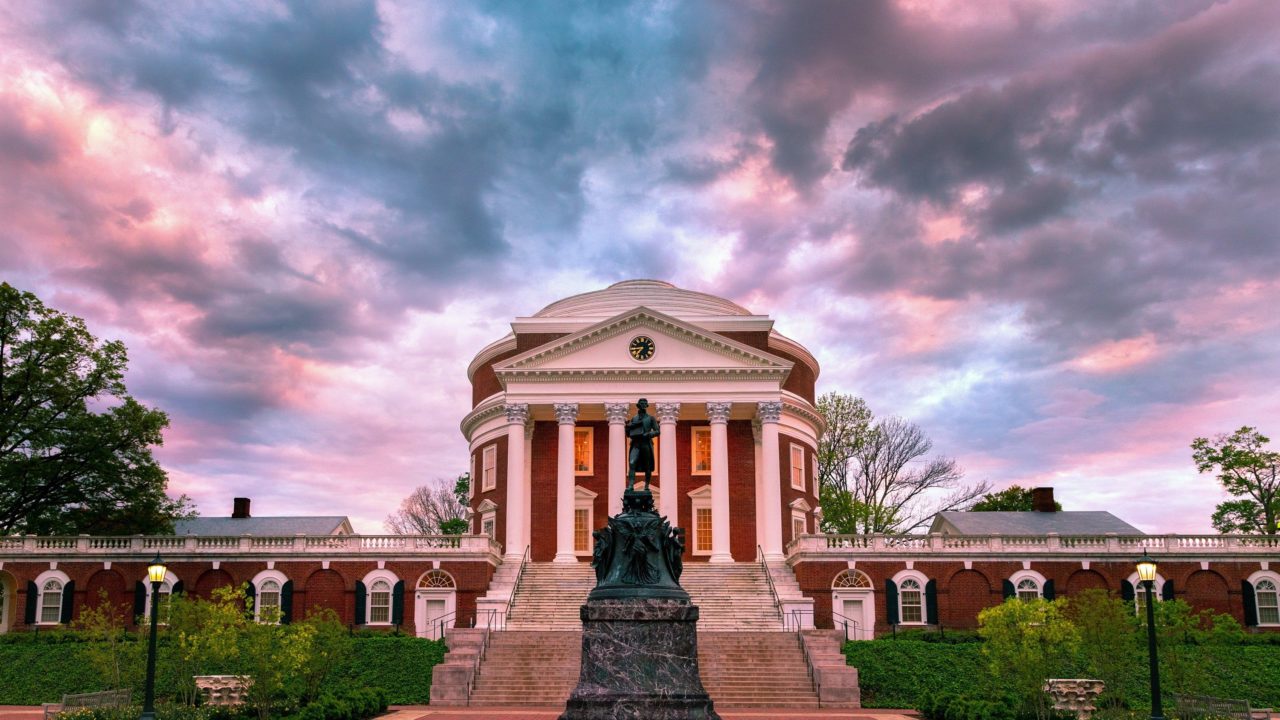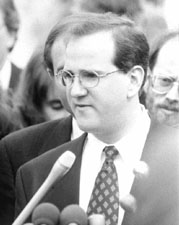Case Status: Victory
Rosenberger v. University of Virginia

Religious Freedom Vindicated at Supreme Court
In 1995, CIR fought and won a case before the Supreme Court that affirmed that government cannot exclude faith-based student organizations from programs because of their religious viewpoint. Rosenberger v. University of Virginia was an important victory for freedom of speech. It restrained the targeted use of the establishment clause to restrict speech because of its religious content.
When Ronald W. Rosenberger set out to found a Christian magazine at the University of Virginia in 1990, he assumed that he would be able to obtain funding on the same terms as any other student group. UVA, like many colleges and universities, collected mandatory student fees to maintain a Student Activities Fund (SAF). The fund awarded grants to student activists, publishers, and proselytizers of all ideological stripes. In fact, at the time, the University was supporting 118 student groups, including around 15 student newspapers and magazines.
Rosenberger and his colleagues satisfied all of the necessary requirements for SAF funding to start “Wide Awake: The Christian Perspectives at the University of Virginia,” but the school denied Rosenberger a grant on the grounds that funding a Christian magazine with public money would violate the separation of church and state.
Rosenberger v. University of Virginia in Federal Court

“Wide Awake” went to press with only as much funding as its editors could get from outside, and was driven to shut down after only four issues. In July 1991, Rosenberger and his fellow founders, Robert Prince and Gregory Mourad, sued the university in federal court. They alleged that UVA violated their right to free speech. Judge James H. Michael Jr. ruled in favor of the university, and one year later the 4th U.S. Circuit Court of Appeals agreed with Michael’s ruling.
But with the aid of CIR, Rosenberger took his case all the way to the Supreme Court. On July 29, the Court ruled 5-4 in favor of Rosenberger. The Court affirmed that the UVA denied Rosenberger’s right of free speech accorded to his fellow students because of religion.
Rosenberger v. University of Virginia was CIR’s first Supreme Court victory, and its first major victory for religious liberty. CIR followed up Rosenberger the following year with Columbia Union College v. Oliver, in which it represented a Seventh-day Adventist college that was excluded from a grant because of its religious status.
